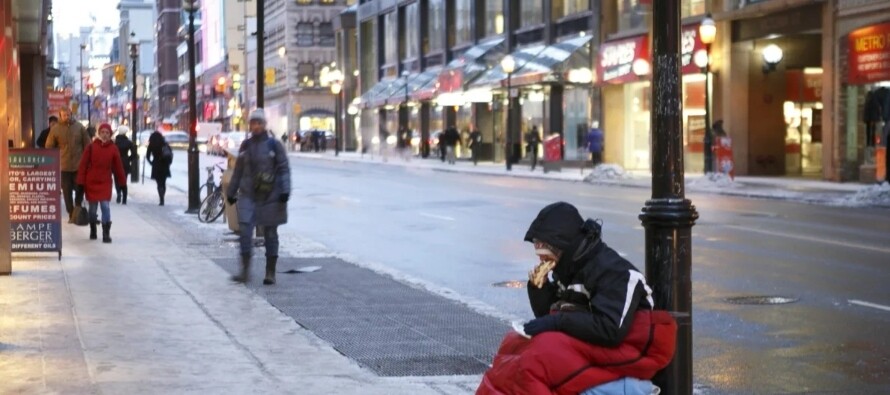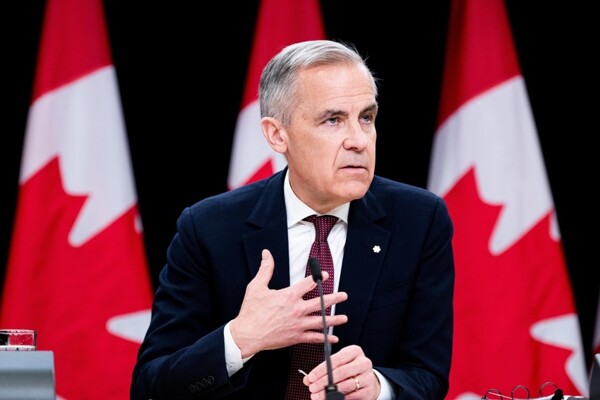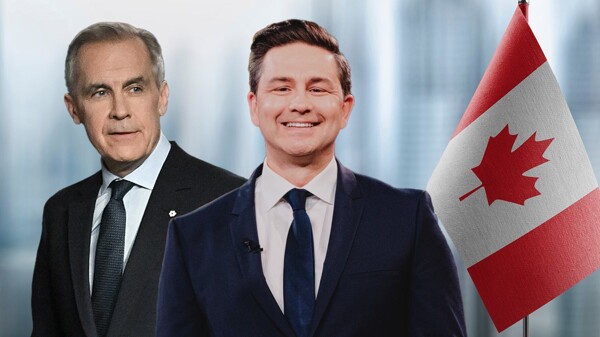
The Canadian government announced a plan to reduce by up to 27% the number of immigrants it will accept in the next three years, acknowledging that the high levels of immigration in recent years have generated economic and social problems in the country.
"In response to the changing needs of our country, this plan alleviates the pressures on housing, infrastructure, and social services so that in the long term we can grow our economy and social prosperity through immigration," the government justified. The announcement marks a significant shift from a decade of increasing immigration levels in Canada.
Prime Minister Justin Trudeau and his Liberal Party are currently in an unfavorable position in the polls, with a gap of more than 20 points behind the Conservative Party. Trudeau's administration has been criticized for rising housing prices, increased cost of living, and deterioration of basic services such as healthcare.
According to the plan from the Canadian Ministry of Immigration, the number of permanent residents accepted in the country will be reduced to 395,000 in 2025, a 21% decrease from the previous year when 500,000 were approved. In 2026, the number will drop to 380,000 and in 2027 it will decline further to 365,000, representing a 27% decrease from previously announced levels.














